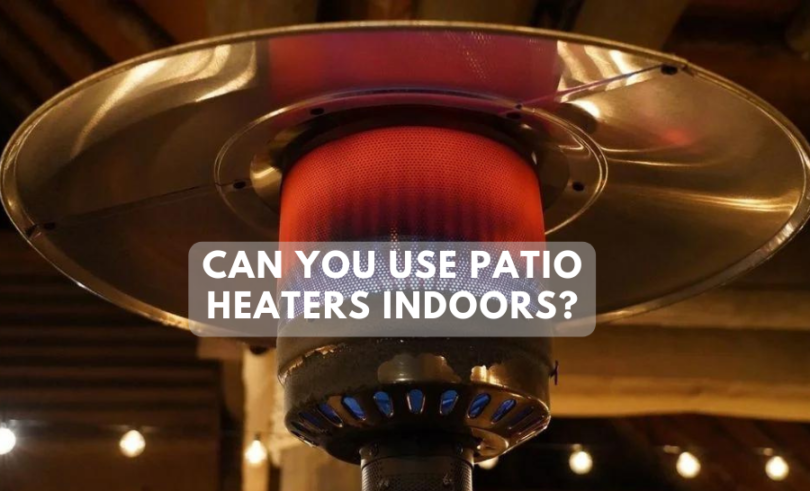Introduction
If you love spending time on your patio, especially during the winter months, investing in a reliable and safe outdoor heater is essential. With various options available, such as freestanding, tabletop, and wall-mounted patio heaters, it’s crucial to ensure that your choice is not only efficient but also safe. This article aims to guide you on how to use patio heaters both indoor and outdoor without compromising the well-being of your loved ones.
Understanding the Function of Patio Heaters
Unlike traditional indoor heating systems designed for enclosed spaces, patio heaters are specifically crafted for small outdoor areas. Most patio heaters operate through a radiant heat transfer process, where a heating element emits heat through electromagnetic waves when reaching high temperatures. Alternatively, some patio heaters use a convective process, converting electrical energy into heat to warm the surrounding environment.
Safety features, such as automatic shutoff in case of unintentional falls or tip-over attempts, are common in advanced outdoor heaters. Proper placement on a flat surface, securing propane tank valves when not in use, and keeping pets and children away from hot components are additional safety measures.
Types of Patio Heaters and Their Indoor Use
Patio heaters come in various types, including self-contained, mounted, tabletop, and infrared heaters. While propane heaters offer portability, natural gas heaters require proper installation, and electric heaters need electrical sockets. For indoor use, electric patio heaters like the Briza Infrared Patio Heater with built-in safety features, timers, and multiple heat settings are recommended.
Using Patio Heaters in a Garage
Using a patio heater in a garage, especially with poor insulation, can be challenging due to the risk of harmful greenhouse gas emissions. While it’s possible with proper ventilation, investing in wall or ceiling-mounted space heaters is a safer alternative.
Avoiding propane patio heaters in garages is crucial as they emit gases like carbon monoxide, nitrous oxide, and nitrogen oxide, posing health hazards in poorly ventilated spaces.
Safety and Maintenance Tips for Patio Heaters
1. Placement:
Patio heaters are designed to heat nearby spaces, not radiate heat over long distances. Keep the heater away from combustible materials like planters, potted plants, tree branches, and propane tanks. Maintain a minimum of three feet of clearance.
2. Fuel:
Various fuel types, including natural gas, propane, and electricity, power outdoor heaters. Exercise caution with electric heaters’ cords to avoid tripping, and ensure certified fuel gas containers for gas heaters. Regularly inspect hoses and valves for leaks.
3. General Safety Precautions:
Keep pets and children away from the heater, never leave it unattended after use, and always turn it off before moving to a different location.
Conclusion
Patio heaters provide an excellent way to stay warm outdoors economically. Ensuring safety by following the tips outlined in this guide is crucial. Depending on your preferences, space, design, and power requirements, you can choose between infrared, gas, or electric patio heaters for a comfortable outdoor experience.
FAQs
1. Can we use a Patio Heaters Indoor?
No, patio heaters should not be used indoors due to the emission of poisonous carbon monoxide as part of their combustion gases.
2. Can Patio Heaters Be Used Inside a Garage?
While possible, using patio heaters in a garage requires proper ventilation. Wall or ceiling-mounted space heaters are safer alternatives.
3. Where Should a Patio Heater Not Be Used?
Avoid placing patio heaters near combustible materials, directly on grass, or in unstable locations. Follow the manufacturer’s recommended clearance guidelines.
4. Do Patio Heaters Produce Carbon Monoxide?
Yes, patio heaters, especially those using propane gas, can emit carbon monoxide. Proper ventilation is crucial to prevent health risks.
Disclosure: We may get commissions for purchases made through links in this post.








